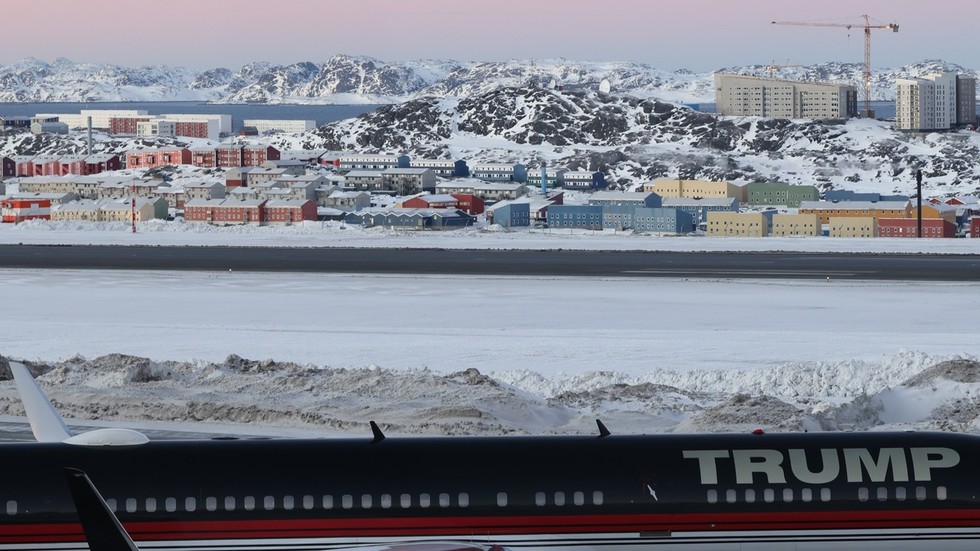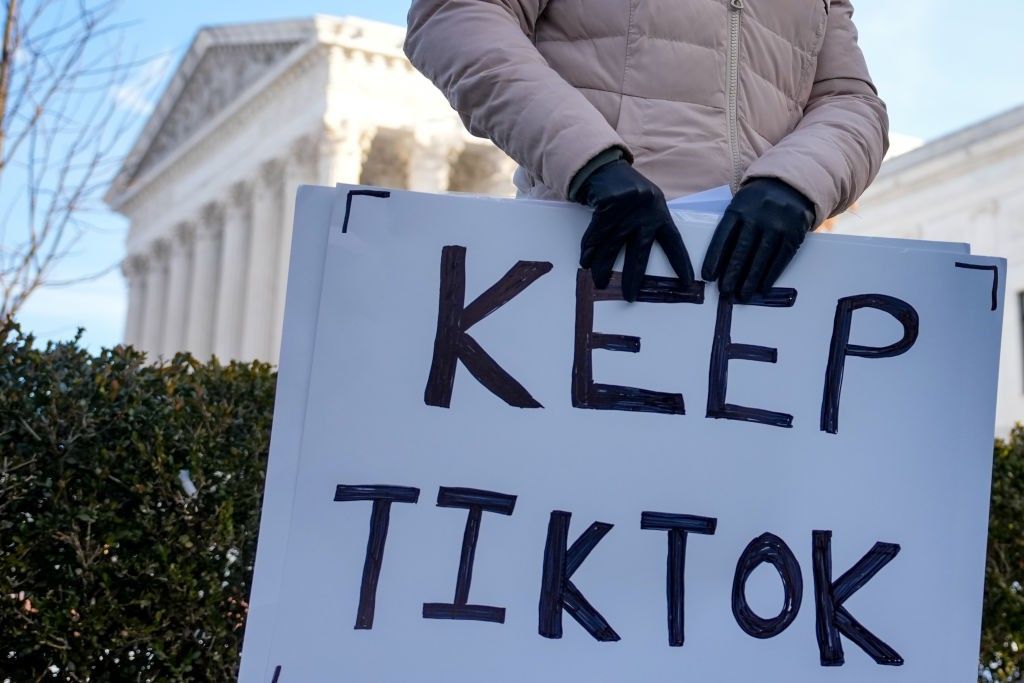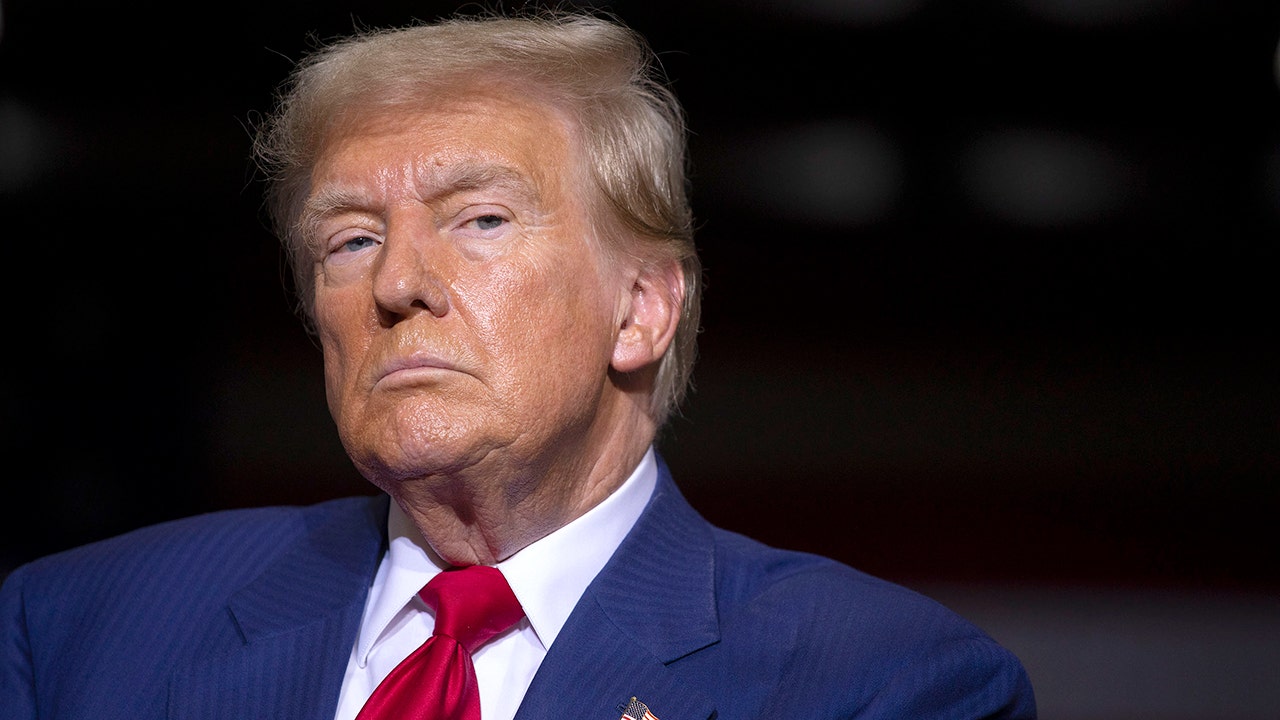“We’re actually surprised that this is making headlines because, at first, we thought it was just a regular arrest of a fugitive. But we found out this is going to be quite big, and it could mean diplomatic consideration. We are looking into these considerations before we make a decision.”
Haas arrived in the Philippines on a tourist visa on December 6. This was five days before Indonesian authorities discovered the alleged shipment of drugs sent from Guadalajara, Mexico. The Philippines became aware of his wanted status on March 22, but did not arrest him until May 15.
Philippine Bureau of Immigration (BI) spokeswoman Dana Sandoval.Credit: Edward Stephan Bungabung
Family have visited him in the Manila detention centre where he is being held. Sandoval said there were no adverse reports about his mental health since his arrest.
The Philippines does not need to consult Australia about what to do with Haas but will do so anyway as a matter of goodwill, she said.
Australia and the Philippines have been drawn closer in the last 12 months because of increasing Chinese aggression in the region, and particularly the South China Sea, known locally and parochially as the West Philippine Sea.
Loading
Indonesian authorities told this masthead last week it expected “no problem” in securing Haas’ extradition. Australia’s Department of Foreign Affairs would not comment because of “privacy obligations”. It was unclear if officials from the embassy in Manila had paid Haas a visit.
Australian involvement in the Philippines’ decision would be a good first step for Haas. Possibly working against him, however, was the pressure on Marcos Jr to secure the release of citizen Mary Jane Veloso, who has been on death row in Indonesia for more than a decade on highly contested claims of drug smuggling.
ANU international law professor Donald Rothwell warned Haas could be used as a bargaining chip in efforts to bring Veloso home. Sandoval said she was not in a position to comment.
The Philippines is a signatory to Second Optional Protocol on International Covenant on Civil and Political Rights. On face value, this would prevent the nation sending Haas to his potential death.
Sandoval, however, said the terms of deportation were “still up for discussion”.
“The reason why we are deporting him is because he is a fugitive from justice,” she said. “We don’t look at the penalties that are going to be imposed … the fact he’s a fugitive from justice makes him an undesirable alien.”
Get a note directly from our foreign correspondents on what’s making headlines around the world. Sign up for the weekly What in the World newsletter here.




















Discussion about this post